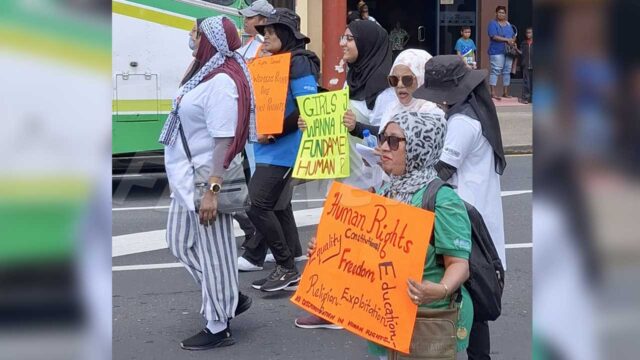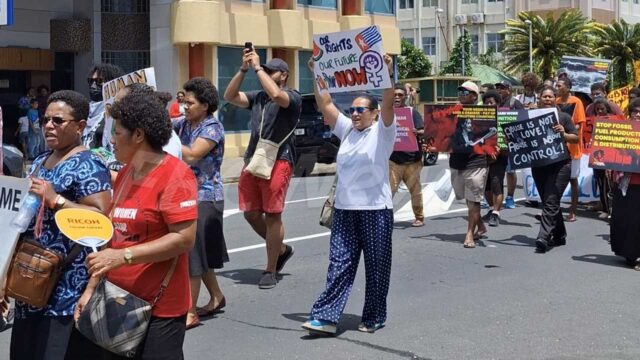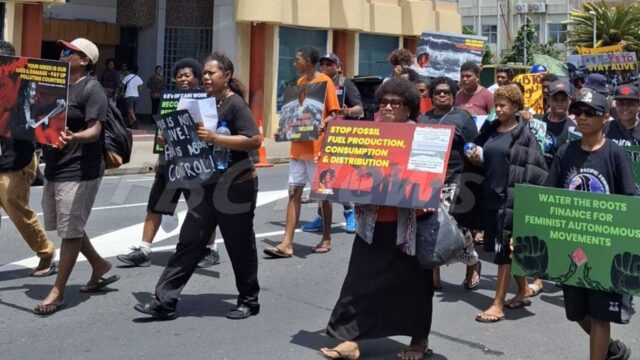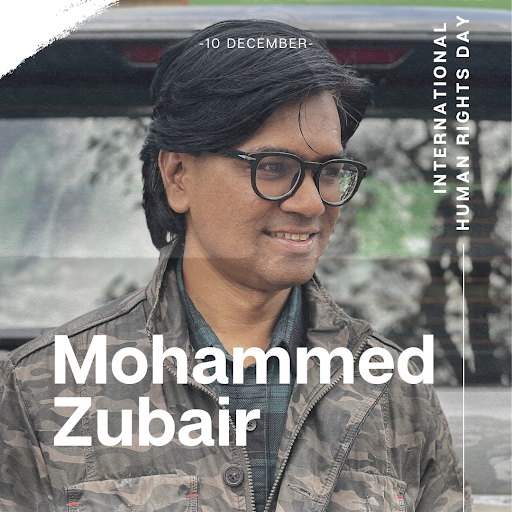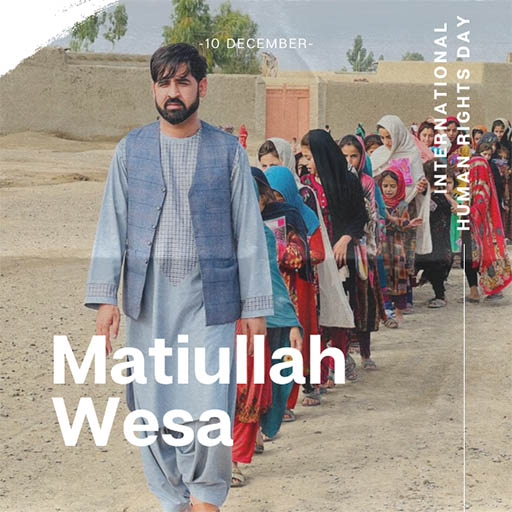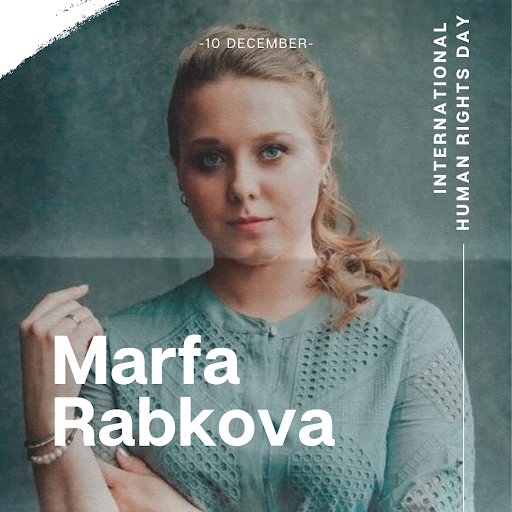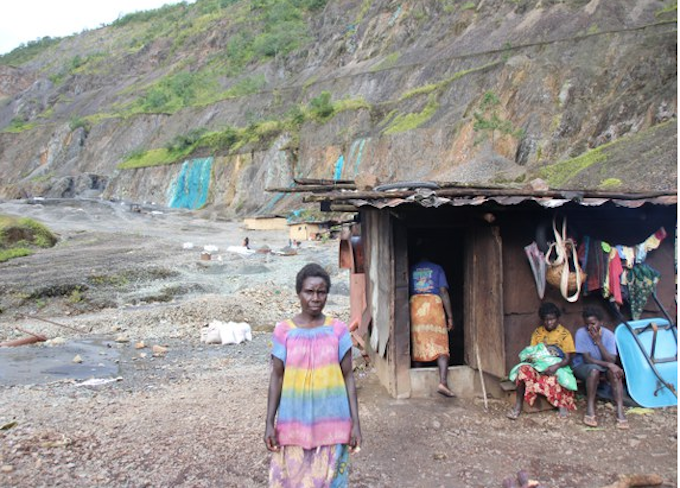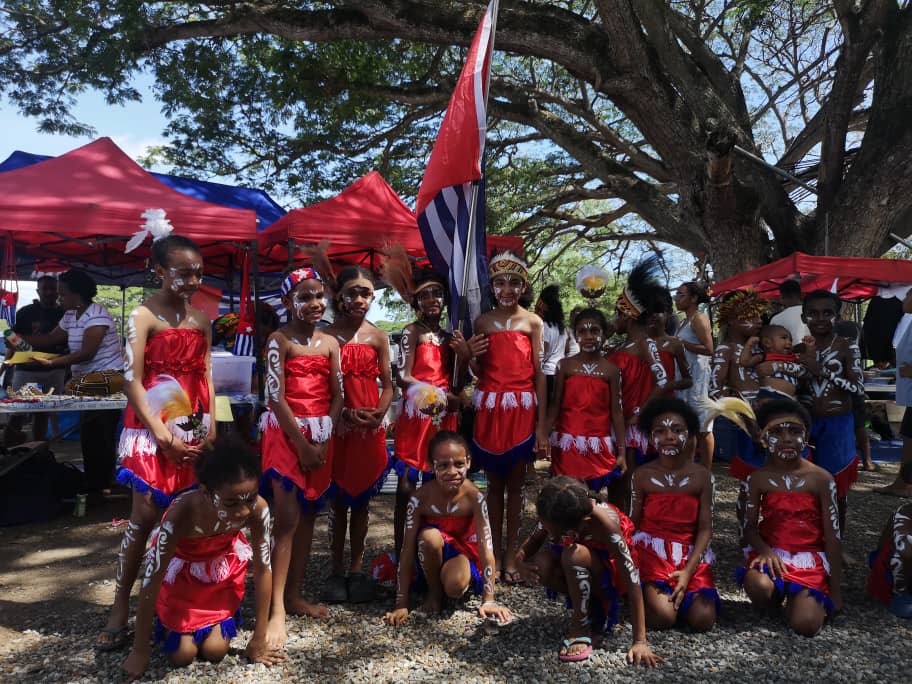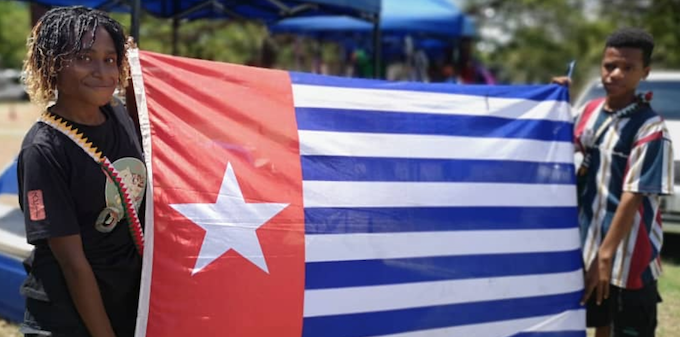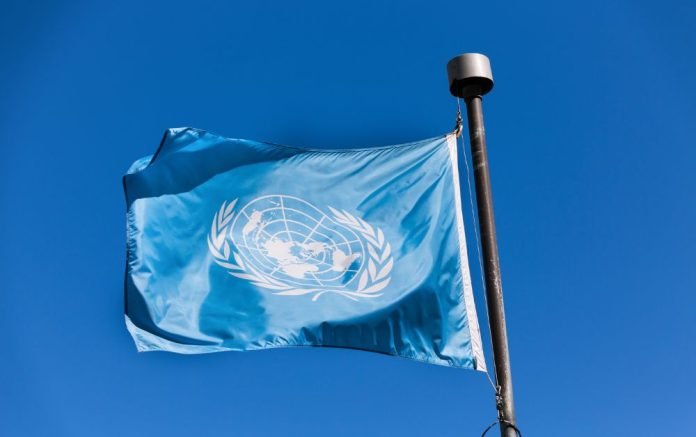By Craig Ashworth, Local Democracy Reporter
New Plymouth has admitted it has investments in companies active in illegal Israeli settlements on occupied Palestinian land, contrary to New Zealand government foreign policy and United Nations rulings.
The revelation comes a week after Mayor Neil Holdom refused a request from Parihaka Pā and all the district’s iwi to make sure the council was not invested in companies profiting from the settlements.
The shareholdings sparked a hostile debate with Holdom accusing councillor Bali Haque of politicising the district’s nest-egg for virtue signalling, and Haque in turn questioning the mayor’s honesty and integrity.
- READ MORE: UN overwhelmingly backs immediate Gaza ceasefire – but 3 Pacific nations vote against
- Other LDR reports at Asia Pacific Report
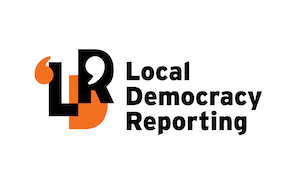
The investments were made from New Plymouth District Council’s $400 million Perpetual Investment Fund (PIF).
The money is managed by Mercer in a passive fund, which automatically follows an index of companies and chooses which shares to buy.
Eight companies invested in by Mercer have been named by the UN as enabling and profiting from the expansion of Israeli settlements in Palestinian Occupied Territories:
- Motorola Solutions — the security arm of the mobile phone maker.
- Travel companies Expedia, Airbnb, and Booking Holdings which owns Booking.com and other sites.
- French multinational railways manufacturer Alstom
- Three Israeli banks, including the country’s first and third biggest — which often offer concessionary loans to settlers.
Less than $1m involved
Less than a million dollars is involved, just a quarter of one percent of New Plymouth’s PIF.
Haque wanted Mercer to be told that NPDC strongly disagrees with investing in companies active in the settlements and wants the investments ended as soon as possible.
He also proposed that the council-owned company overseeing the fund — the PIF Guardians — bring more advice on the process and cost of divestment if Mercer did not act.
“We need to do something,” Haque said.
“It’s small, I understand less than a million we’re talking about, but it is significant in terms of the impact . . . This is something we can actually do and control.”
Mayor Neil Holdom repeated his explanation to the Parihaka delegation for opposing any action.
“Given the deeply sensitive and complex nature of the Israeli-Palestine conflict we’ve gotta approach this with a great deal of care and it’s my view that supporting this could be seen as taking a position in a dispute that has profound emotional and personal significance for members of our community on both sides.”
‘A terrible conflict’
The Mayor then turned to Haque.
“It is clear councillor Haque cares deeply about this issue and wants this debate and in the desperation to signal his personal conviction now wants to start playing politics with the PIF.
“It’s a terrible conflict, it’s a disaster for everybody involved but now someone wants to drag our community’s $400 million investment fund into this and make it a political football, to make a political point.”
Haque, clearly shocked, said it was Holdom himself who had told him to bring the motion to the Council Controlled Organisations committee.
“I’m staggered that now you have now done an about face and turned the tables . . . You were the very person who encouraged me to put this very motion to this committee and now you are attacking me personally for actually acting on the basis of what you asked me to do.
“So my respect — with respect — has declined in your honesty and integrity.”
Neil Holdom: “Wow! Wow, unbelievable.”
Chair Marie Pearce: “Yeah”
Councillor Murray Chong “He didn’t attack you at all
Councillor Anneke Carlson Mathews: “That was a full-on attack!”
Pearce barely kept control of the meeting.
‘Getting out of hand’
“This is getting totally out of hand.”

Once tempers cooled, the Mayor explained that advice from the PIF Guardians was that the low-cost passive fund offered no control over Mercer’s decision and putting the funds in different management could cost up to $3.2 million a year in higher fees.
Holdom said he had told Haque of the advice.
Haque said that he had adjusted his proposal in response and read Holdom’s text message advising him to bring a proposal to instruct Mercer to comply with UN resolutions.
“We heard that it might be expensive but I’d quite like to know what it is we’re up for if Mercer decides not to act on the basis of what we’re saying,” said Haque.
Councillors Haque, Carson Matthews, and Bryan Vickery voted for Haque’s proposal.
They were defeated by Mayor Holdom and councillors Pearce, Murray Chong and Max Brough.
Councillor David Bublitz abstained, wanting the PIF to divest shares linked to any conflict anywhere in the world.
NZ co-sponsored Resolution 2334
New Zealand in 2016 co-sponsored UN Security Council Resolution 2334, declaring Israeli settlements in Palestine a violation of international law.
The resolution obliges states and entities “to withdraw all recognition, aid and assistance to Israel’s illegal presence in the occupied Palestine territory.”
In July this year, the International Court of Justice (ICJ) ruled that Israel’s settlements in Gaza and West Bank are illegal and ordered Israel to stop building new settlements and evacuate existing ones.
In September, the UN General Assembly — including Foreign Minister Winston Peters — called on all States to make sure their people, companies and entities and authorities “do not act in any way that would entail recognition or provide aid or assistance in maintaining the situation created by Israel’s illegal presence in the Occupied Palestinian Territory.”
LDR is local body journalism co-funded by RNZ and NZ On Air. Asia Pacific Report is a community partner of both RNZ and LDR.
This post was originally published on Asia Pacific Report.




